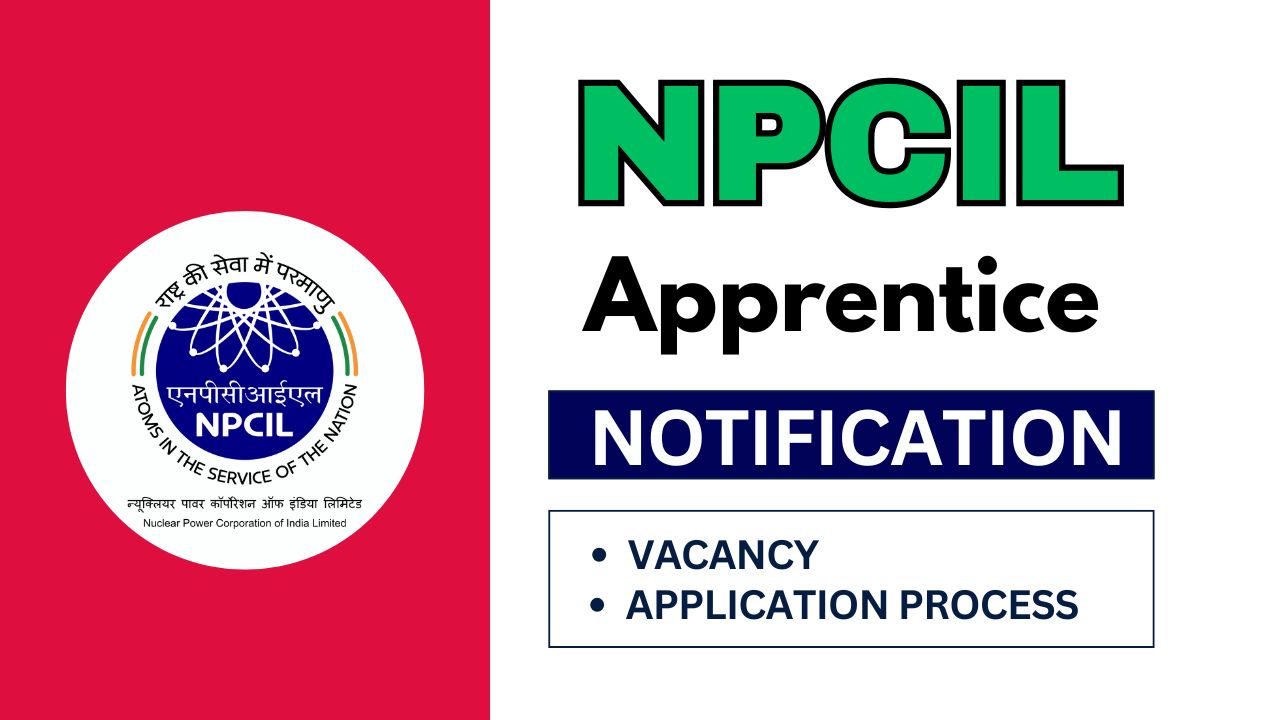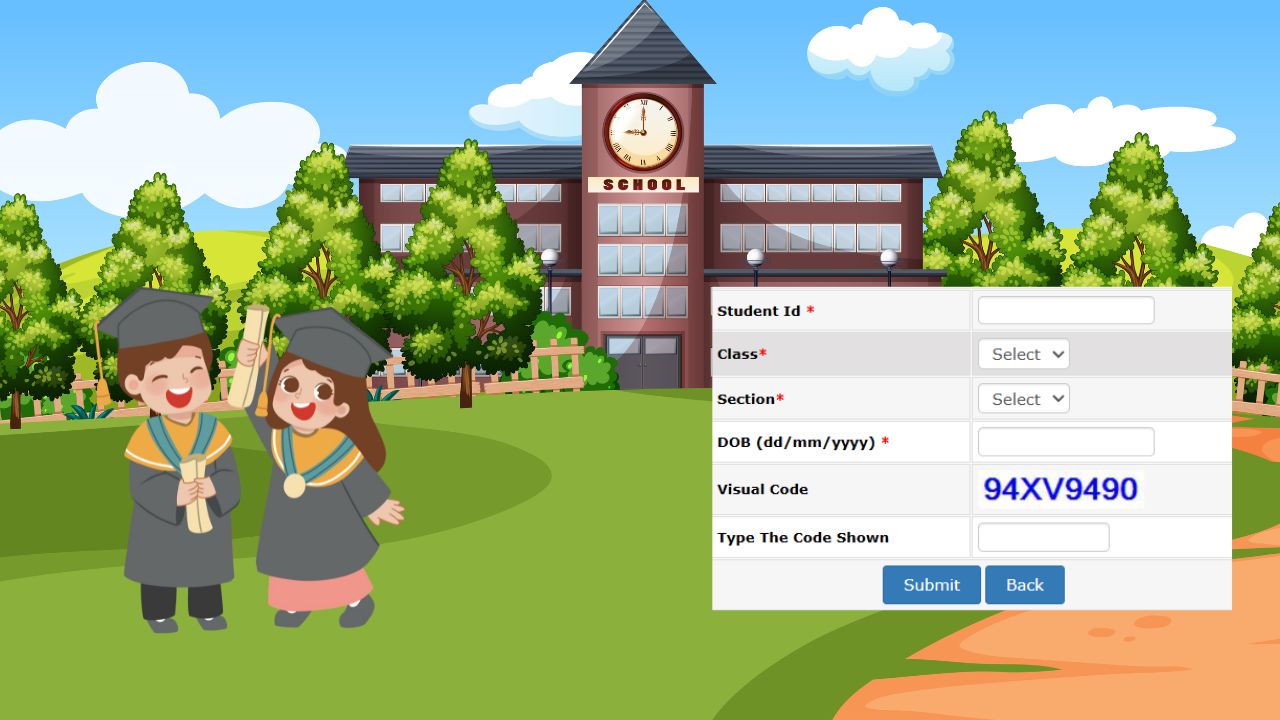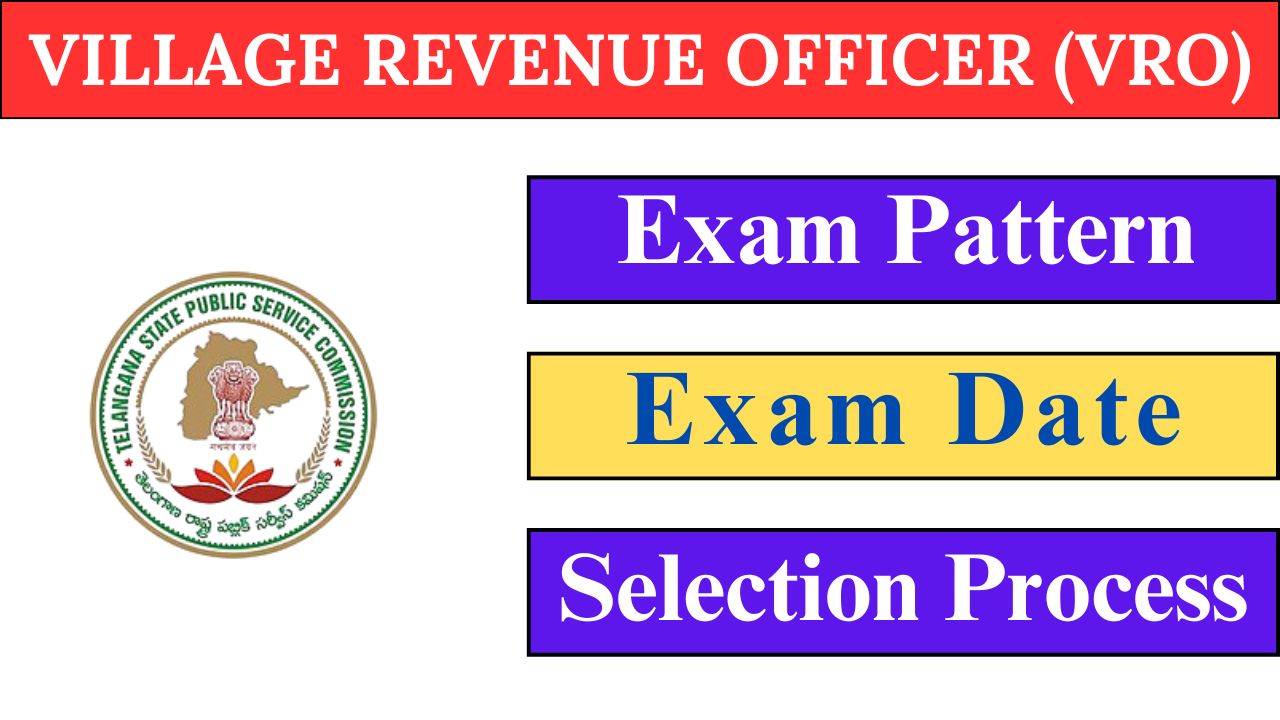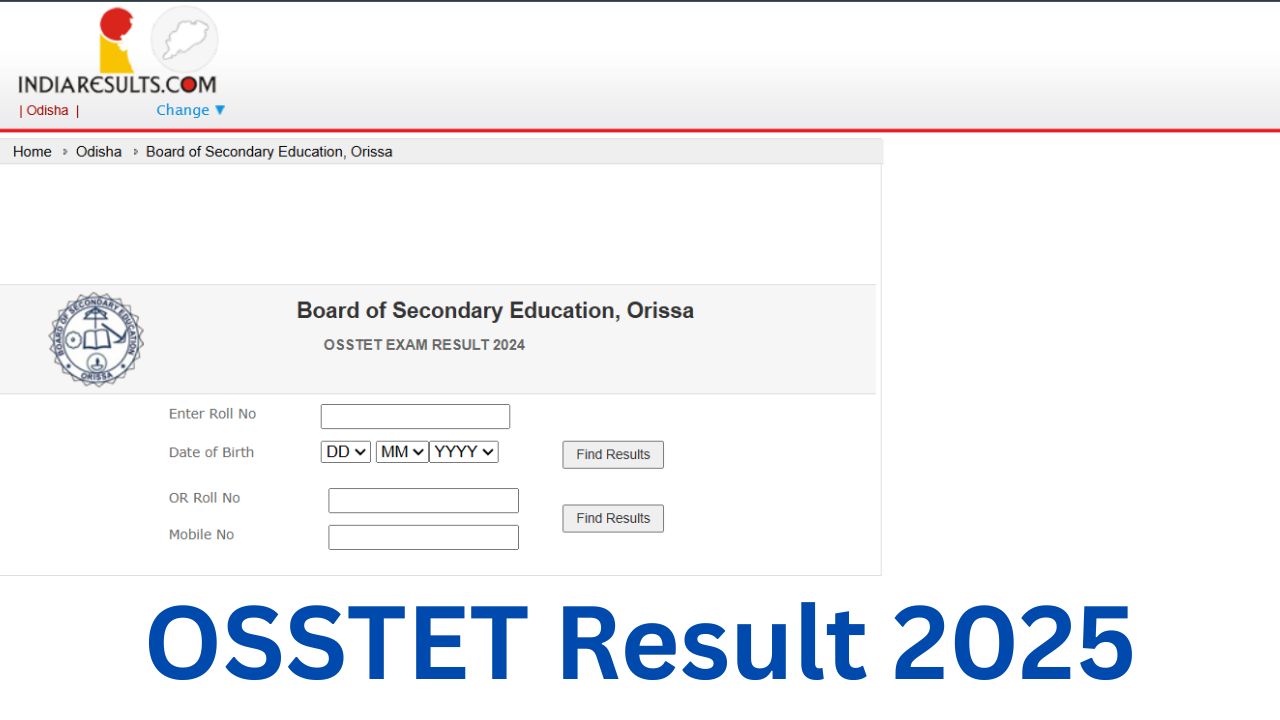The National Thermal Power Corporation (NTPC) is one of India’s largest and most prestigious power generation companies, offering lucrative career opportunities for skilled professionals. Every year, NTPC conducts recruitment drives to fill various executive positions, including the role of Assistant Executive in Operations.
The NTPC Assistant Executive Exam is a highly competitive process that requires thorough preparation and a deep understanding of the NTPC Assistant Executive Syllabus and Exam Pattern. This guide provides a detailed syllabus overview, exam pattern, selection process, and preparation strategies to help you succeed in the 2025 recruitment cycle.
NTPC Assistant Executive Syllabus 2025
The NTPC Assistant Executive Exam is conducted to select candidates for executive roles in operations, particularly in the Electrical and Mechanical disciplines. Below is a summary of the key details:
| Aspect | Details |
|---|---|
| Organization | National Thermal Power Corporation (NTPC) |
| Post | Assistant Executive (Operations) |
| Vacancies | 400 |
| Exam Mode | Online |
| Total Questions | 100 |
| Total Marks | 100 |
| Duration | 120 minutes |
| Selection Process | Written Exam, Interview, Document Verification |
| Negative Marking | No |
| Official Website | www.ntpc.co.in |
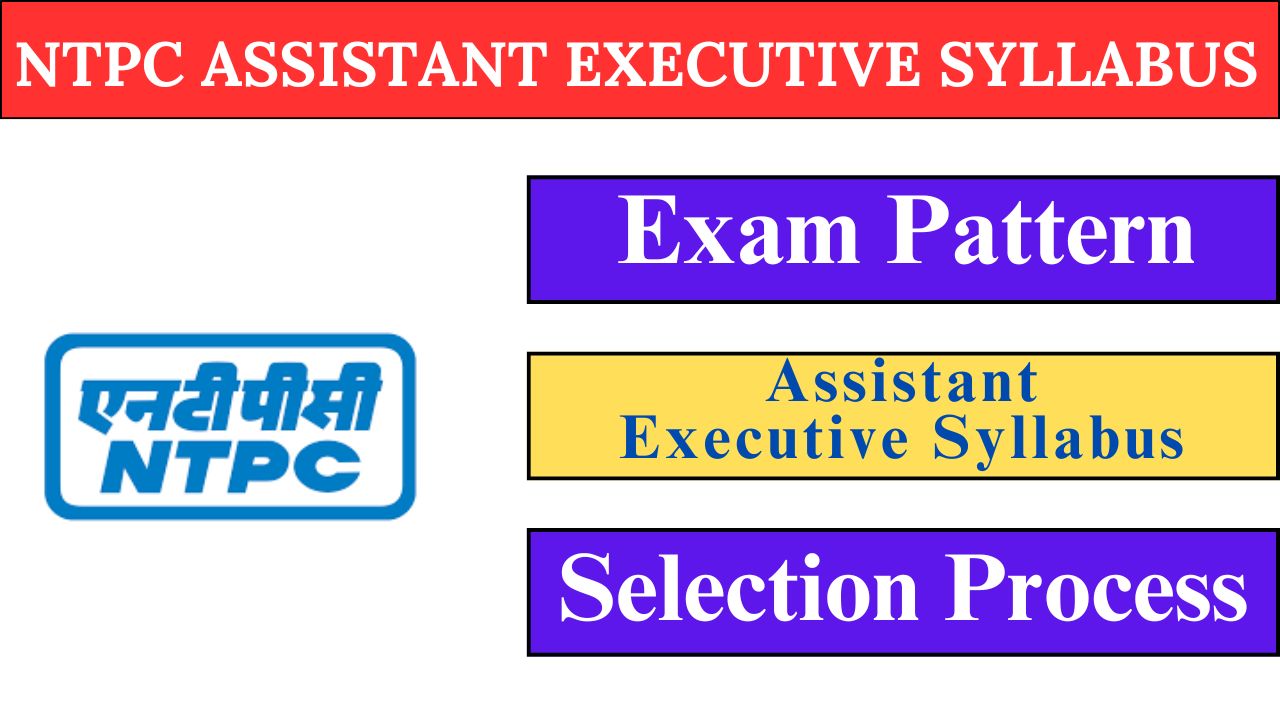
NTPC Assistant Executive Selection Process
The selection process for the NTPC Assistant Executive Exam consists of three stages:
1. Written Examination
The written exam is the first stage of the selection process. It is an objective-type test designed to evaluate candidates’ technical knowledge, reasoning skills, and aptitude. The exam is divided into two sections:
- Technical Subjects (Electrical/Mechanical): 70 questions, 70 marks
- General Aptitude & Reasoning: 30 questions, 30 marks
Candidates must prepare thoroughly for both sections to secure a high score.
2. Interview
Candidates who qualify for the written exam will be called for an interview. The interview assesses the candidate’s technical expertise, communication skills, and overall suitability for the role. It is essential to have a strong grasp of core concepts in your discipline (Electrical or Mechanical) to perform well in this stage.
3. Document Verification
Shortlisted candidates must present original documents for verification to confirm their eligibility. This step ensures that all information provided during the application process is accurate and valid.
NTPC Assistant Executive Exam Pattern 2025
Understanding the exam pattern is crucial for effective preparation. Here’s a detailed breakdown of the NTPC Assistant Executive Exam Pattern:
| Subject | No. of Questions | Marks | Duration |
|---|---|---|---|
| Technical Subject (Electrical/Mechanical) | 70 | 70 | 120 minutes |
| General Aptitude & Reasoning | 30 | 30 | |
| Total | 100 | 100 |
Key Points to Note:
- The exam is conducted online.
- There is no negative marking for incorrect answers.
- The total duration of the exam is 120 minutes.
NTPC Assistant Executive Syllabus 2025
The syllabus for the NTPC Assistant Executive Exam is divided into two main sections: Technical Subjects (Electrical/Mechanical) and General Aptitude & Reasoning. Below is a detailed breakdown of the topics covered in each section.
1. General Aptitude & Reasoning
This section evaluates candidates’ logical thinking, problem-solving skills, and ability to interpret data. It is divided into three sub-sections:
Verbal Reasoning
- Coding-Decoding
- Blood Relations
- Syllogism
- Direction Sense Test
- Seating Arrangement (Linear & Circular)
- Statements & Assumptions
- Statements & Conclusions
- Puzzles
- Data Sufficiency
Non-Verbal Reasoning
- Pattern Recognition
- Mirror Images
- Figure Classification
- Embedded Figures
- Paper Folding & Cutting
- Analogy
Logical & Analytical Reasoning
- Number Series
- Alphabet Series
- Logical Venn Diagrams
- Cause & Effect
- Decision Making
- Assertion & Reasoning
2. Technical Subject (Electrical/Mechanical)
This section carries the highest weightage (70 marks) and focuses on discipline-specific knowledge. Candidates must choose their subject based on their educational background.
For Mechanical Engineering:
- Thermodynamics
- Strength of Materials
- Fluid Mechanics
- Machine Design
- Heat Transfer
- Manufacturing Processes
For Electrical Engineering:
- Electrical Circuits
- Power Systems
- Control Systems
- Power Electronics & Drives
- Electrical Machines
- Measurement & Instrumentation
Preparation Tips for NTPC Assistant Executive Exam
Preparing for the NTPC Assistant Executive Exam requires a strategic approach. Here are some tips to help you excel:
1. Understand the Syllabus and Exam Pattern
- Familiarize yourself with the syllabus and prioritize high-weightage topics.
- Analyze the exam pattern to understand the distribution of marks and question types.
2. Create a Study Plan
- Allocate time for each subject and focus on both technical and aptitude sections.
- Set daily, weekly, and monthly goals to track your progress.
3. Practice Regularly
- Solve previous years’ question papers to understand the exam’s difficulty level.
- Take mock tests to improve your speed and accuracy.
4. Focus on Conceptual Clarity
- For technical subjects, ensure a strong understanding of fundamental concepts.
- Refer to standard textbooks and online resources for in-depth knowledge.
5. Revise and Analyze
- Regularly revise important topics to retain information.
- Analyze your performance in mock tests to identify weak areas and work on them.
6. Stay Updated
- Keep yourself updated with the latest notifications and exam updates on the official NTPC website.
Recommended Books and Resources
To aid your preparation, here are some recommended books and resources:
General Aptitude & Reasoning
- A Modern Approach to Verbal & Non-Verbal Reasoning by R.S. Aggarwal
- Analytical Reasoning by M.K. Pandey
Mechanical Engineering
- Thermodynamics by P.K. Nag
- Strength of Materials by R.K. Bansal
- Fluid Mechanics by R.K. Bansal
Electrical Engineering
- Electrical Circuits by Joseph A. Edminister
- Power Systems by C.L. Wadhwa
- Control Systems by Norman S. Nise

